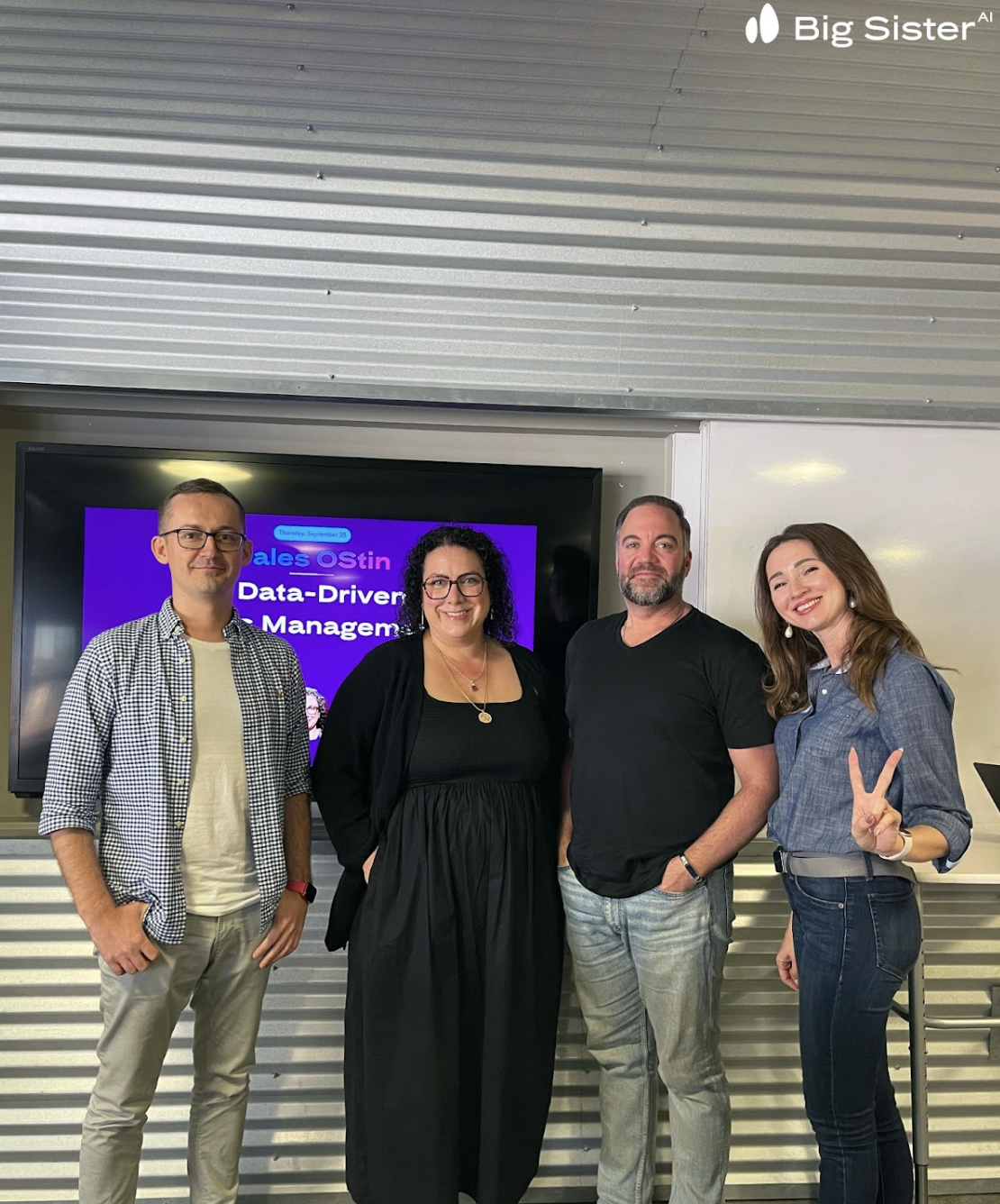How to Sell More by Improving the Quality of Your Sales Team

What is Missing in CRM?
CRM systems only provide quantitative indicators: how many clients each salesperson is working with, at which stages the deals are, how many communications each salesperson has with the client at each stage, and how many deals are closed. However, this data does not explain the reasons for the success or failure of a deal. How well does a salesperson communicate with the client during each interaction? What exactly does one salesperson say that another, who closes fewer deals, does not? How can this be assessed? How can you understand what exactly to change in the conversations of a salesperson who sells less? Should you listen to and compare calls and meetings of both? How much resource is needed for this?
Should we ask everyone? How objectively can each manager evaluate their work? Should we invite a sales coach to "pump up" managers with various sales techniques? How should we assess whether it worked? How long do these methods last? Often, they have only a temporary effect. There are a lot of questions, and the methods of solving them do not provide clear answers.

The Path to the Idea of Measuring Sales Quality
When writing this article, we have been studying, building, and improving sales systems for 18 years. This is done by the company White Sales, which has simultaneously built and managed sales processes for dozens of teams and companies worldwide. Its founder, Valentyn Yaromenko, created Big Sister AI to continue improving the quality of salespeople and increasing sales conversion.
When setting up the sales process, White Sales can use any convenient CRM system for the client. However, none of them answer the question of sales quality. CRM can store phone calls and video meeting recordings with clients related to each deal. The quality of client conversations can only be assessed if someone does it according to a prescribed evaluation scenario, listening to each call and video meeting. By understanding what needs to be done at each stage of working with a client, you can track whether all sales stages were correctly passed. Each communication with the client has its clear stages and rules. Thus, you can simply track whether a specific necessary step was taken in a phone call or meeting at each stage, and accordingly, mark it as "+" if it was, and "-" if not, or 1 and 0. This is a binary system.
Therefore, as a consulting company tasked with quality management of various sales teams of services and goods worldwide, we built a system for evaluating the quality of each salesperson's work and systematic work on "correcting" managers' mistakes. We evaluated each salesperson's work, found systematic mistakes in their work, and corrected them together with the salesperson. Everything came down to systematic work on the salespeople's skills. To know exactly what to correct, you must first "measure the problem."

Sales Rules and Their Compliance Control
There are universally recognized rules for conducting negotiations over the phone and during meetings. For example, when a manager calls a client, they should introduce themselves and state the reason for the call. Without this, the conversation can take a negative turn. The presence of unnecessary pauses after answering objections leads to the salesperson handing over the initiative to the client, who often lacks the interest to take the next step. If you do not answer the client's questions and objections, ignore them, and "pressure" them, it will be challenging to get agreement on the next step. If you do not agree on the date and time of the next action when you call, it will most likely be ignored.
These are just a few universal rules that should be followed in telephone conversations. To get a predictable sales process that leads to a successful deal, it should be described. Form rules for conducting each stage. Universal rules for conducting each sales stage have existed for a long time. No matter how you sell, they will be the same at each stage of sales. You may sell using a unique methodology, but there will also be rules for each stage.

Evaluating Skills in Sports
The digitizing and measuring work quality principle has long been used in sports. In team sports, measuring and evaluating each player's performance on the field to assess and correctly work on the mistakes of both the player and the team has been used for a long time.
This principle is vividly demonstrated in the movie "Moneyball," based on a true story. The plot revolves around how the team's general manager, Billy Beane, played by Brad Pitt, took the Oakland Athletics from outsiders to consistent contenders in Major League Baseball despite a limited budget. Billy Beane's key to success was using statistical analysis of baseball metrics to evaluate players. He focused on undervalued but effective players with critical statistical metrics. Using data and analytics, he could find talented players undervalued by other teams due to traditional evaluation methods. This allowed him to build a competitive team for much less than rivals with larger budgets.
Skill digitization is also applied in the game "FC24" (FIFA Manager), which allows you to manage a soccer team from your couch.
If the principle of skill evaluation can be applied in sports, why not in sales management? After all, negotiations are also repetitive actions with the desired result. These actions need to be performed by the salesperson, not just by thinking through each action every time. The set of actions a salesperson uses in each communication with the client or planning this communication is a set of automatic actions, i.e., skills. Skills need to be worked on to become automatic. This then frees up the ability to think about non-standard issues and situations.
The Principle of Evaluating Salespeople
White Sales has been using this principle for over 6 years to manage and improve the quality of sales teams. During this time, a team of people checks the work of each sales team member in several directions:
- Analysis of how CRM is maintained (if there are malfunctions here, it directly affects how work with the client is conducted);
- Analysis of managers' calls by listening to each call and evaluating it;
- Analysis of video meetings by watching or listening to client meeting recordings and evaluating the salesperson's skills.

What Changed with the Emergence of AI
With the advent of AI and the development of the Big Sister AI product, data analysis has become cheaper and available in real-time. AI allows not only to analyze more and faster but also to find connections with possible outcomes more effectively. By improving what the salesperson does today, we can influence sales quality not at the end of the reporting period, but now, working proactively.
The Essence of Big Sister AI
The concept of Big Sister AI is as follows: if one salesperson's conversion rate is four times lower than another's, it means they are doing something wrong. This means they make systematic mistakes at specific communication points with the client – these can be CRM, calls, video calls, or emails. With Big Sister AI, these mistakes can be measured and seen. Big Sister AI provides new metrics that explain why one salesperson performs better than another and shows how a specific salesperson needs to work on the skill that has the most negative impact on conversion.
The last Sales Tech solutions, such as Gong, Clari, People.ai, Dooly.ai, also do not focus on salespeople's skills. These are excellent systems that help manage sales in the department. Using Big Sister AI provides additional data, addressing the narrower issue of salesperson productivity and complementing them.

Epilogue
Progress does not stand still. Today, measuring sales skills and managing them has become possible. Sales managers of your services and products can be trained like a sports team. What was previously a complex, resource-intensive, and difficult-to-implement process is now accessible to almost every entrepreneur. Quality management reduces costs for advertising and the futile search for "universal" and top performers. Some companies will choose to change nothing, while others will choose efficiency. It's up to you to choose which category you belong to.



















